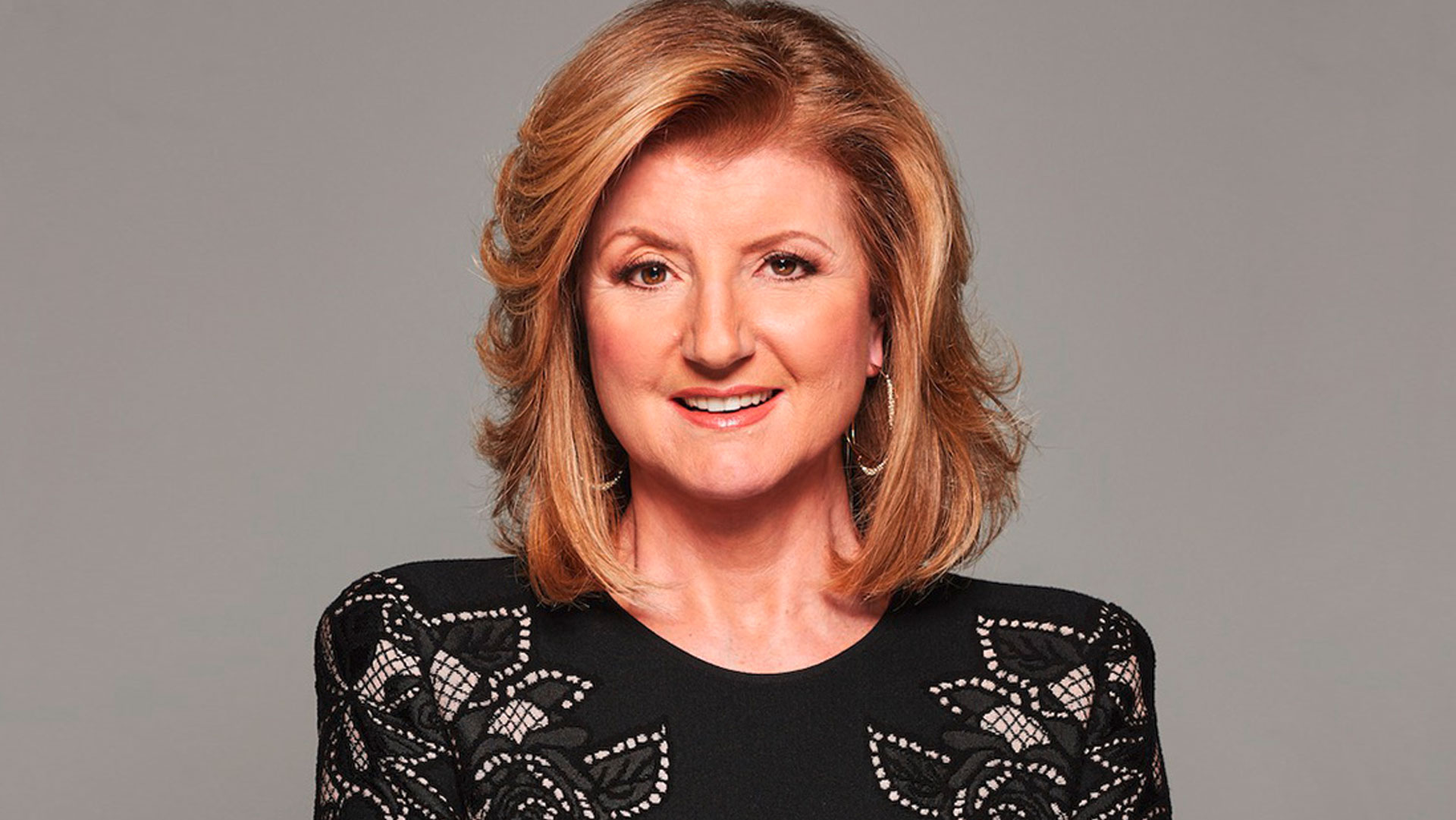As many companies are making plans to bring employees back to the office for at least a few days a week, the question is: how can we maximise individual flexibility while building company culture and in-person connection?
Three years after the pandemic began, we have a lot of science showing the downsides of virtual work and the unique benefits that come from being around our co-workers.
An MIT study found that researchers working in person with each other were more collaborative and published more papers. Another found that “videoconferencing hampers idea generation”. That’s why, as a McKinsey study concluded, certain activities are best done in person, including “negotiations, critical business decisions, brainstorming sessions, providing sensitive feedback and onboarding new employees”.
Even though the debate is so often framed as employer vs. employees, a new survey by Joblist found that while 36% of those looking for jobs want fully remote work, 44% want to be fully in person. Gen Zers were the least likely to want to work at home, with only 27% preferring a remote job. That’s not surprising, given that working in person makes onboarding, training, learning and development, networking and mentorship easier.
But perhaps the biggest factor at play here is our hard-wired need to connect meaningfully with others. So how can we combine the advantages of flexibility with the unique benefits of being in the office?
Flexibility doesn’t mean anything goes. Indeed, building individual flexibility into work structure can actually make it stronger and more durable, much like new earthquake-resistant techniques do — by allowing the building to flex, it can withstand greater challenges and remain standing.
At Thrive, a core part of our onboarding process is the Entry Interview, in which we ask new hires what’s important to them in their lives outside of work — not just responsibilities they have, like childcare, but what allows them to reset, course-correct and tap into their creativity and focus. Then we revisit this discussion in an ongoing way.
With some of our partners, we’ve created the Re-entry Interview. Here, returning employees are asked about any flexibility needs that they have. The contours of that flexibility, and how it evolves, are a joint and ongoing endeavour between manager and employee, who’s not being asked to surrender that valuable sense of autonomy and agency, while acknowledging the needs of the business.
We have an incredible opportunity to reimagine work — and the workplace — around what makes us thrive. And the core of that should be human connection. In-person workplaces should take advantage of the unique benefits of an in-person workplace: humans being around other humans.
And that’s exactly what employees want. According to Microsoft Work Trend Index research, 85% of employees would be motivated to go back to the office to rebuild team connection, 84% to socialise with coworkers and 74% if they knew their work friends would also be there. “It’s simple: people care about people,” writes Microsoft chief marketing officer Chris Capossela. What that means, as Accenture CEO Julie Sweet put it, is that companies need to “earn the commute”.
There’s no reason to bring remote workers into the office if they’re just going to recreate what they were doing while working at home: spending the day in meetings or staring at screens. This could mean redesigning physical workplaces to have fewer cubicles and more common areas devoted to brainstorming, collaborating, networking, learning or simply socialising. “Make connection the top priority for in-person time,” writes Capossela. “Intentionally create both the space and the permission for employees to spend that time reconnecting.”
The good news is that the resource that will be most valuable in drawing employees back is available to all companies — the employees themselves. They’ll come back for each other in workplaces that are designed to fulfill our need for human connection. The battle about in person vs. remote doesn’t need to be a battle. Connection, engagement and purpose are great for employees and employers alike. To borrow from Kevin Costner, if we build it, they will come.
This article was published in Arianna Huffington’s On My Mind newsletter on 2 April 2023. Click here to subscribe. Read more at Thrive Global.

Arianna Huffington
Founder & CEO at Thrive Global
Arianna Huffington is the founder and CEO of Thrive Global, the founder of The Huffington Post, and the author of 15 books, including Thrive and The Sleep Revolution. In 2016, she launched Thrive Global, a leading behaviour change tech company with the mission of changing the way we work and live by ending the collective delusion that burnout is the price we must pay for success. She has been named to Time Magazine’s list of the world’s 100 most influential people and the Forbes Most Powerful Women list. Originally from Greece, she moved to England when she was 16 and graduated from Cambridge University with an M.A. in economics. At 21, she became president of the famed debating society, the Cambridge Union. She serves on numerous boards, including Onex and The B Team. Her last two books, Thrive: The Third Metric to Redefining Success and Creating a Life of Well-Being, Wisdom, and Wonder and The Sleep Revolution: Transforming Your Life, One Night At A Time, both became instant international bestsellers. Most recently, she wrote the foreword to Thrive Global’s first book Your Time to Thrive: End Burnout, Increase Well-being, and Unlock Your Full Potential with the New Science of Microsteps.
Unlock your people’s potential today
Enter your details to stay up to date with the latest news events and program updates.





